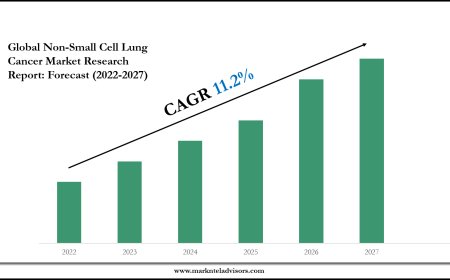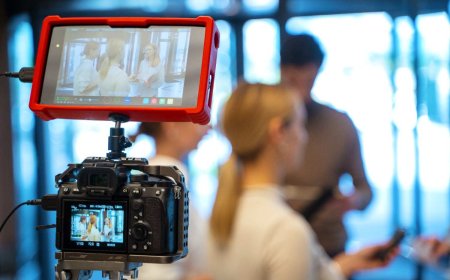How Artificial Intelligence is Changing the Way of Work
This Blog is about How Artificial Intelligence is Changing the Way of Work ? With increasing demand across industries, now is a fantastic time to consider upskilling through an Artificial Intelligence Course in Chennai.
Let’s face it—Artificial Intelligence isn’t coming. It’s already here, quietly (and sometimes loudly) reshaping how we live, work, and even make decisions. From chatbots answering our queries at midnight to recommendation engines serving up the next show to binge, AI is doing the heavy lifting behind the scenes. If you've ever wondered how it all works or where it's headed, you're not alone. With increasing demand across industries, now is a fantastic time to consider upskilling through an Artificial Intelligence Course in Chennai, especially from reputed institutes like FITA Academy. They offer both foundational and advanced training to help you navigate this powerful, fast-evolving field. But before diving into the how-to, let’s explore how AI is truly transforming work as we know it.
1. Automating the Boring Stuff
Let’s be real—nobody wants to spend their day doing repetitive, soul-crushing tasks. AI is becoming the ultimate assistant by taking over the mundane, like:
-
Data entry
-
Invoice processing
-
Email filtering
-
Scheduling appointments
This doesn’t mean it’s replacing jobs—it means it’s freeing people to focus on higher-level, creative, and strategic work. Automation powered by AI is giving us time back, and that’s a win for everyone.
2. Smarter Decision-Making
Gone are the days of relying solely on gut feelings or yesterday’s trends. AI tools can now analyze massive amounts of data in seconds, helping businesses:
-
Forecast sales
-
Optimize inventory
-
Detect fraud
-
Personalize marketing campaigns
It’s like having a super-powered analyst at your side, 24/7. And the best part? These systems learn and get better over time, which means smarter insights as they go.
3. Personalization Like Never Before
Whether it's Spotify curating your next playlist or Netflix suggesting your weekend lineup—AI makes experiences feel uniquely personal. This same technology is also used in:
-
E-commerce platforms (personalized product recommendations)
-
Online learning (adaptive quizzes)
-
Healthcare (custom treatment plans)
AI adapts to your behavior, preferences, and patterns to create tailored solutions that feel human—even when they’re not.
4. Revolutionizing Customer Service
You’ve probably chatted with a bot before—and if it was a good one, you might not have even noticed. AI-powered chatbots and virtual assistants are transforming customer support by offering:
-
Instant responses
-
24/7 availability
-
Multilingual support
More advanced bots can even detect tone, handle complex queries, and escalate to human agents when needed. The result? Faster, more satisfying service experiences that keep users happy and loyal.
5. Changing the Talent Game
Recruiters are now using AI to screen resumes, schedule interviews, and even assess candidates through video analysis. Meanwhile, employees are using AI tools to:
-
Draft emails
-
Translate languages in real-time
-
Generate code or creative ideas
Whether you’re hiring or job-hunting, AI is becoming an essential part of the modern workplace. Knowing how to work with it—not against it—is the key to future-proofing your career. Join Graphic Design Classes in Chennai to improve your designing skills.
Big Picture: Coexistence, Not Replacement
Despite all the hype, AI isn’t here to take your job. It’s here to enhance it. While machines handle the repetitive and data-heavy parts, humans still shine in areas like empathy, creativity, and complex problem-solving.
Industries across the board—healthcare, finance, manufacturing, marketing—are integrating AI into their workflows. And the opportunities are only growing.
Artificial Intelligence isn’t just a buzzword—it’s a real-world game-changer. It’s reshaping industries, workflows, and the very skills we need to stay relevant in the job market.







































































